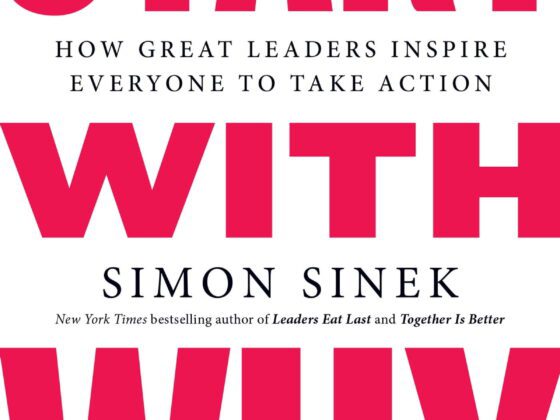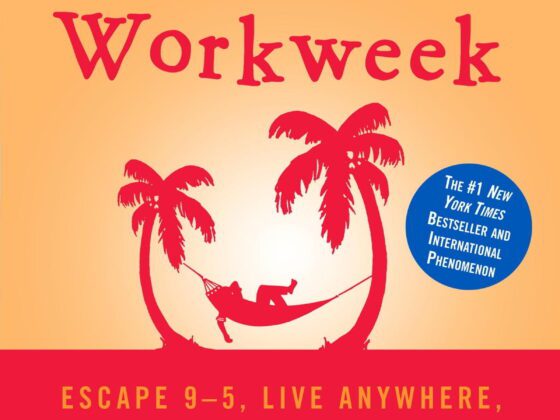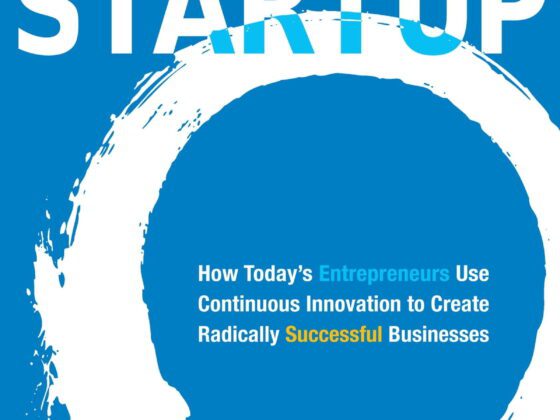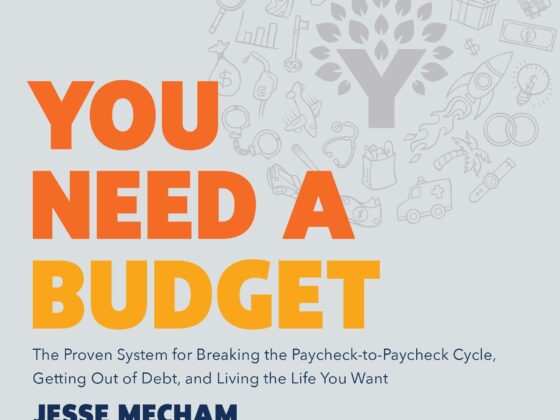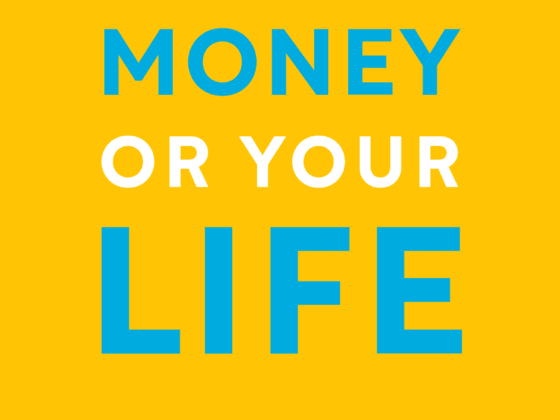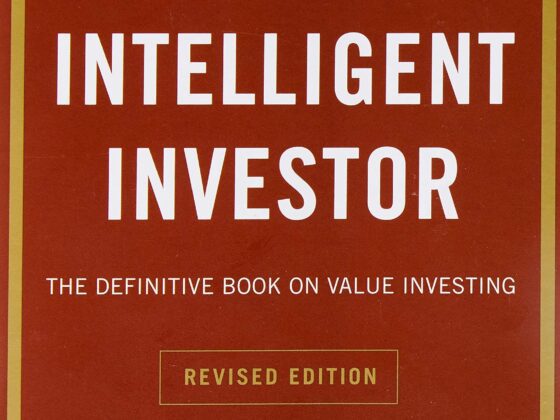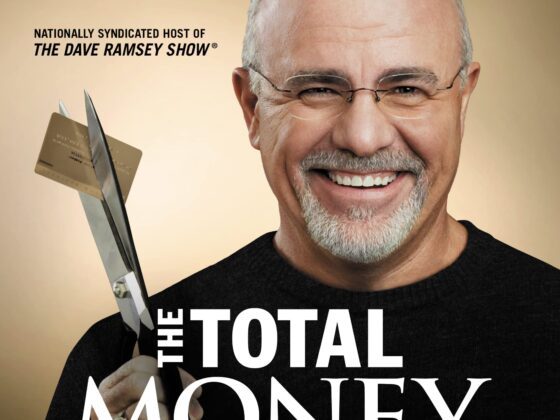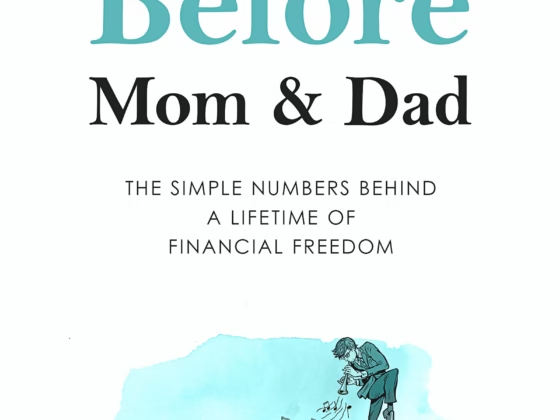In the realm of personal finance literature, “The Financial Diet” by Chelsea Fagan stands as a beacon, offering a refreshing and relatable take on money matters. Fagan, co-founder of The Financial Diet website, presents a compelling guide that transcends traditional financial advice by intertwining practical strategies with personal anecdotes and a dash of humor.
At its core, “The Financial Diet” is a comprehensive roadmap to financial wellness. Fagan navigates through budgeting, saving, and investing, and even addresses the often-avoided topic of emotional spending. The book combines actionable advice with a narrative that resonates with the experiences of millennials and young professionals. Fagan gracefully weaves her personal stories and lessons learned, creating a relatable tapestry that readers can see themselves reflected in.
One of the book’s standout features is its emphasis on the intersection of money and personal values. Fagan challenges the notion that financial success is solely measured by numbers. Instead, she advocates for aligning one’s spending with their values, fostering a healthy relationship with money. “Your relationship with money is just like any other relationship,” she writes, “It requires attention, communication, and the occasional hard conversation.”
“The Financial Diet” also excels in demystifying complex financial concepts. From decoding investment jargon to breaking down the basics of credit scores, Fagan ensures that readers feel empowered rather than overwhelmed. Her approach is conversational, making financial literacy accessible to those who might shy away from the seemingly intimidating world of finance.
Reading Fagan’s book feels like having a heart-to-heart conversation with a financially savvy friend. Her honesty about her financial missteps creates a sense of camaraderie, dispelling the notion that everyone else has it all figured out. The book doesn’t merely provide financial advice; it extends a comforting hand, assuring readers that mistakes are part of the journey.
Fagan’s writing style effortlessly combines wit with wisdom. As she delves into topics like setting financial boundaries and dealing with societal pressures, her humor adds a light touch without diminishing the seriousness of the subject matter. “Money can’t buy happiness, but it can buy a nice closet to cry in,” she quips, encapsulating the book’s blend of practicality and humor.
To illuminate the importance of intentionality in spending, Fagan states, “Being conscious of where your money is going is about making sure that the things you value most are receiving the bulk of your resources.“
On overcoming financial setbacks, she offers a reassuring perspective, “The journey to financial stability is not a straight line. You will make progress, and you will also take steps backward. The key is resilience.“
The Financial Diet” earns its place as a must-read in the personal finance genre. Fagan’s ability to distill financial wisdom into relatable stories, coupled with her knack for blending humor with sagacity, creates a compelling narrative. Whether you’re a financial novice or a seasoned budgeter, the book offers something valuable, a fresh perspective that extends beyond dollars and cents.
For those seeking a holistic approach to personal finance, “The Financial Diet” is a beacon of practicality and inspiration. It’s not just a guide to managing money; it’s a journey toward understanding and aligning your financial choices with a fulfilling life.
5 Key Actions for Implementation:
- Draft Your Values-Based Budget:
- Identify your core values and aspirations.
- Allocate funds based on priorities aligned with these values.
- Regularly review and adjust your budget to stay on track.
- Conduct a Financial Health Check:
- Review your current financial status, including debts and savings.
- Identify areas for improvement and set specific goals.
- Develop a realistic timeline for achieving financial milestones.
- Initiate Open Financial Communication:
- Schedule a discussion with your partner or family about financial goals.
- Share insights from the book and collaborate on a shared vision.
- Establish a routine for regular financial check-ins.
- Explore Financial Tools and Apps:
- Research and download budgeting apps or tools recommended by the author.
- Set up automated savings and investment processes.
- Familiarize yourself with technology that can streamline financial management.
- Create a Mindful Spending Plan:
- Before making any non-essential purchases, pause and evaluate.
- Implement a waiting period for significant expenses to avoid impulsive decisions.
- Start a spending journal to track patterns and identify areas for improvement.
The Ideal Audience:
This book is ideal for individuals navigating the complexities of personal finance, especially those:
- In their early adulthood or starting their careers.
- Seeking to establish a healthier relationship with money.
- Struggling with budgeting and financial goal-setting.
- Interested in demystifying financial concepts in an accessible way.
- Looking to cultivate financial resilience and adaptability.
Similar Books:
- Broke Millennial by Erin Lowry – A relatable guide for millennials navigating financial challenges.
- Your Money or Your Life by Vicki Robin – Explores the relationship between money and life values.
- I Will Teach You to Be Rich by Ramit Sethi – A comprehensive guide to automating finances and building wealth.


